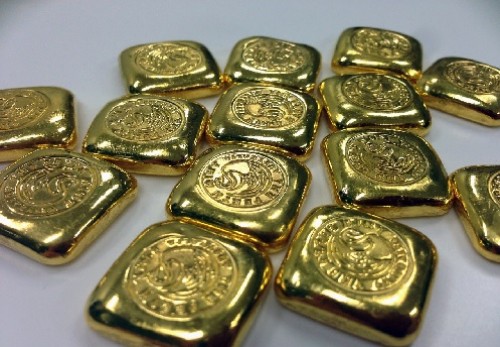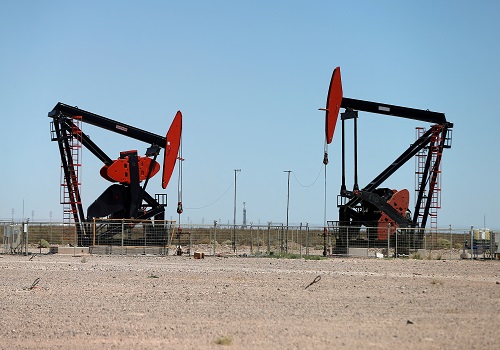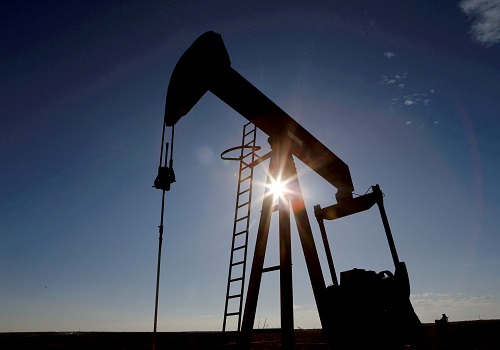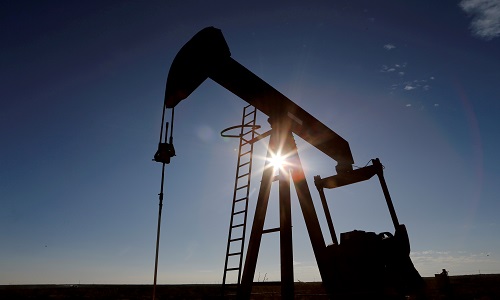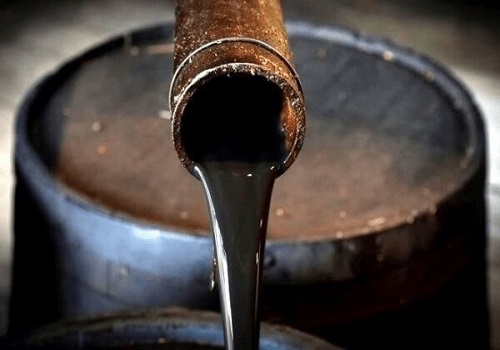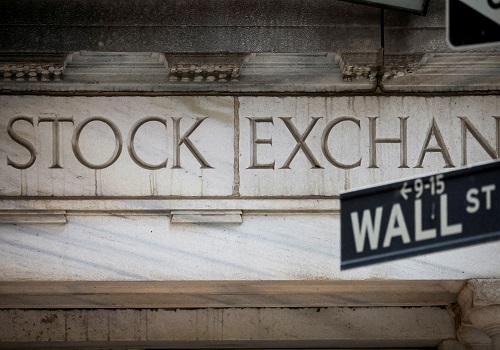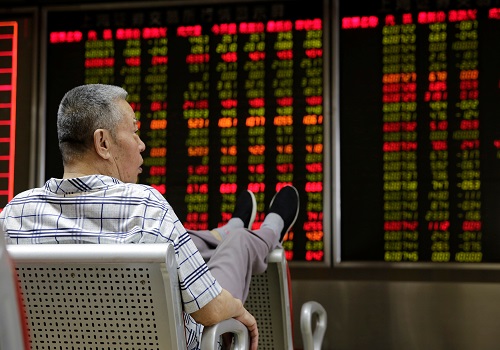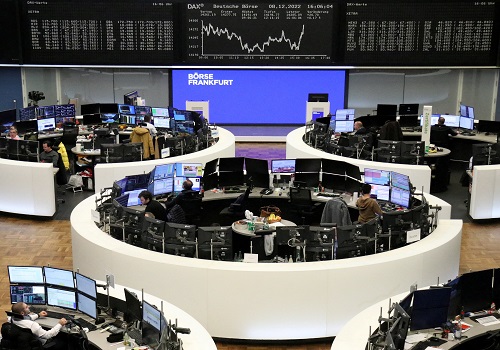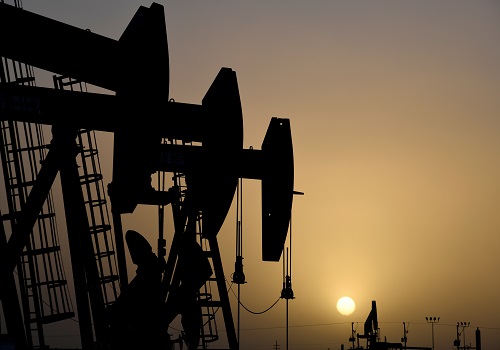Oil prices rise, but Chinese demand worries linger
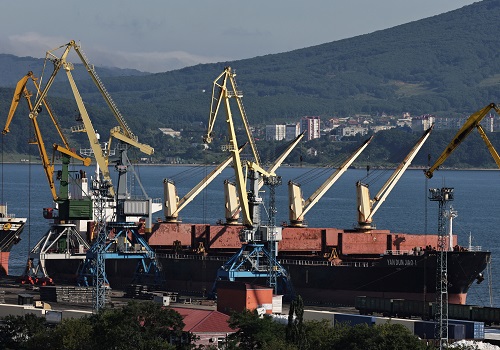
Follow us Now on Telegram ! Get daily 10 - 12 important updates on Business, Finance and Investment. Join our Telegram Channel
https://t.me/InvestmentGuruIndiacom
Download Telegram App before Joining the Channel
Oil prices rose on Friday in thin market liquidity, closing a week marked by worries about Chinese demand and haggling over a Western price cap on Russian oil.
Brent crude futures were up 92 cents, or 1.1%, to trade at $86.26 a barrel at 1325 GMT.
U.S. West Texas Intermediate (WTI) crude futures were up $1.27, or 1.6%, at $79.21 a barrel. There was no WTI settlement on Thursday due to the U.S. Thanksgiving holiday and trading volumes remained low.
Both contracts were still headed for their third consecutive weekly declines after hitting 10-month lows this week.
Brent's market structure implies current demand is soft, with backwardation, defined by front-month prices trading above contracts for later delivery, having weakened markedly in recent sessions.
For the two-month spread, Brent's structure even dipped into contango this week, implying oversupply with near-term delivery contracts priced below later deliveries.
China, the world's top oil importer, on Friday reported a new daily record for COVID-19 infections, as cities across the country continued to enforce mobility measures and other curbs to control outbreaks.
This is starting to hit fuel demand, with traffic drifting down and implied oil demand around 1 million barrels per day lower than average, an ANZ note showed.
Meanwhile, G7 and European Union diplomats have been discussing a Russian oil price cap between $65 and $70 a barrel, but an agreement has still not been reached.
The aim is to limit revenue to fund Moscow's military offensive in Ukraine without disrupting global oil markets, but the proposed level is broadly in line with what Asian buyers are already paying.
Trading is expected to remain cautious ahead of an agreement on the price cap, due to come into effect on Dec. 5 when an EU ban on Russian crude kicks off, and ahead of the next meeting of the Organization of the Petroleum Exporting Countries and allies on Dec. 4.















